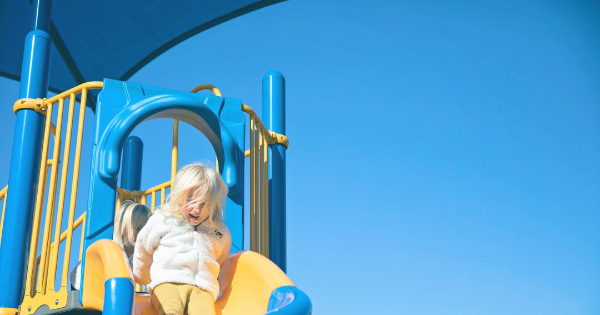
The Many Benefits Of Active Play
Do you harbor any lingering doubts that your institution can benefit from the addition of an indoor playground for kids? Some advice: don’t.
Science has proven over and over again that play provides tremendous benefits for young children. Parents are eager to do whatever they can to ensure that their little ones reap the rewards of active play.
If you own a gym, church, office building, health center, family entertainment center, or museum, here are just a few compelling reasons to invest in parents, kids, and indoor playgrounds.
Playing Promotes Healthy Brain Development
In a study of 1,000 families, research revealed that kids get more exercise if their parents do, too. That is why an indoor playground for kids — providing a safe and appropriate place to exercise and play — may be a crucial addition to your facility. Not only will you attract healthy parents with active children, but indoor play equipment and active play in childhood also boosts brain development.
For optimal growth and development, brains need brain-derived neurotrophic factor (BDNF). According to NPR, just half an hour of play promotes increased production of BDNF.
Similarly, play encourages constructive and creative decision-making, reasoning, and critical thinking. Even something seemingly simple, like finding their way through the maze of indoor playground equipment, can ultimately help promote critical thinking skills and cognitive development.
Play Hones Important Social Skills
Build a playground in or near your facility to attract parents who want their children to develop healthy social skills. The Genius of Play reveals that play “helps them [kids] learn how to collaborate and compromise with others, recognize and respond to others’ feelings, share, show affection, resolve conflicts, and adhere to the rules.”
A University of Georgia (UGA) study found that kindergarteners scored better in writing, language, and pre-reading when they were given an adequate amount of time to play.
Finally, according to Psych Central and NPR, play helps young children develop the “theory of the mind.” What that means is, by playing and particularly by pretending while they play, kids begin to develop a sense of empathy or walking in someone else’s shoes. These skills help create tolerant and caring children who get along with peers, parents, and caretakers.
The Physical Benefits Of Play
With the national childhood obesity rate nearing 20% (18.5%), it stands to reason that facilities can win people over with an indoor playground for kids. An hour on play equipment or an hour of outdoor play per day renders children 42% less likely to be overweight, NPR writes. Plus, these benefits spill over into their teenage years and early adulthood. Several studies show that those who were active as children are significantly more likely to be active as teenagers and adults.
Plus, the physical benefits of play extend beyond maintaining a healthy weight. According to The Genius of Play, physical activity — like climbing and jumping on an indoor playground for kids — hones coordination, balance, gross-motor skills, and fine-motor skills. Regular running, tumbling, and jumping helps kids maintain balance while walking and climbing upstairs and improves kids’ ability to grasp small objects like crayons and pencils and fasten buttons and clothing.
What is the best way to get new parents and their children to come to your recreational center, church, or institution? Build an indoor playground. In addition to keeping kids happily preoccupied, play improves kids’ motor functions, physical well-being, cognitive development, and social skills. Perhaps best of all for kids and parents alike: emerging research shows play helps reduce stress and anxiety. Kids who play frequently have more energy, less stress, and are happier overall than their counterparts who are less physically active.

